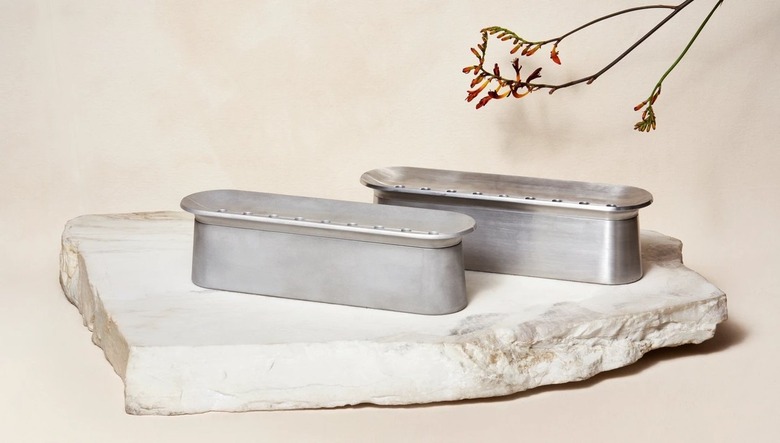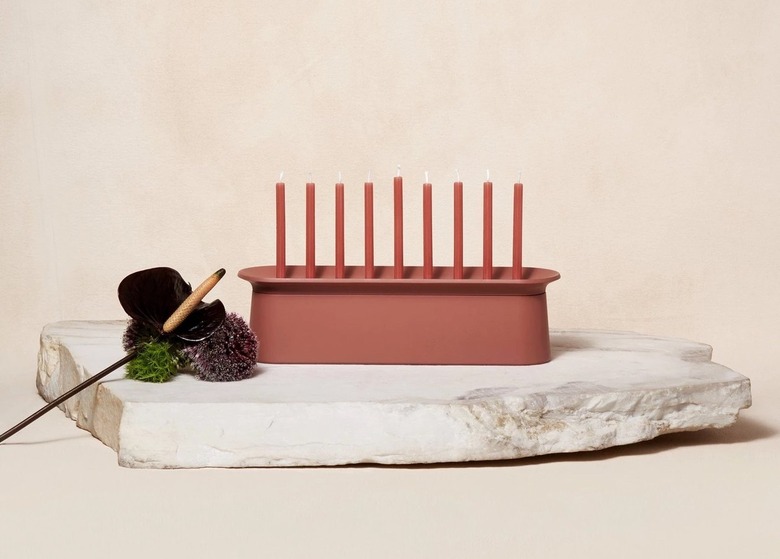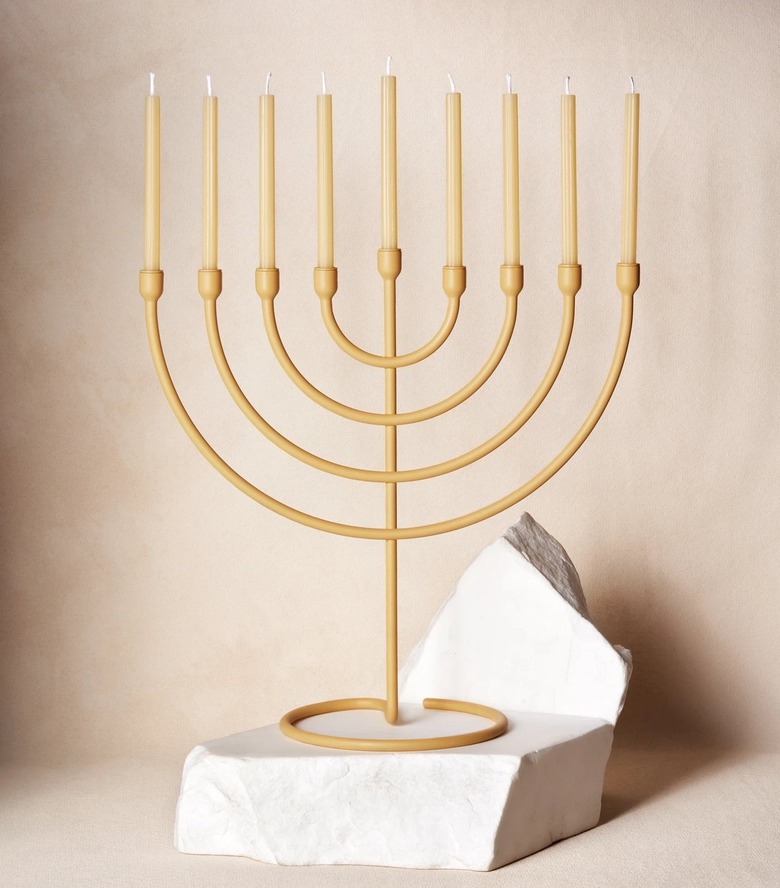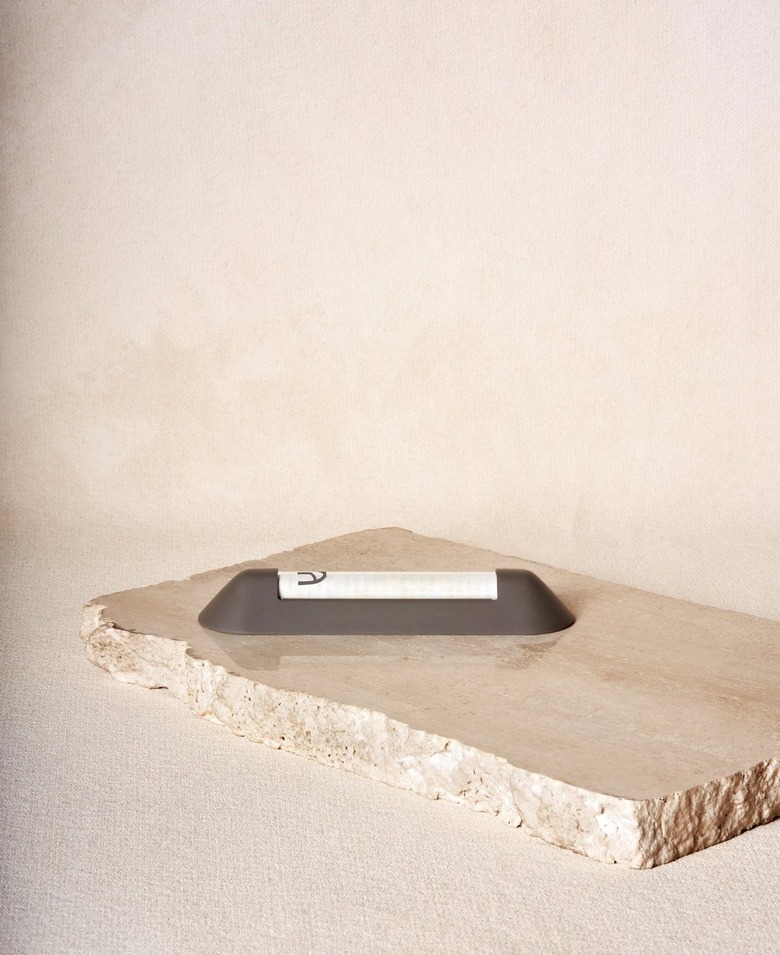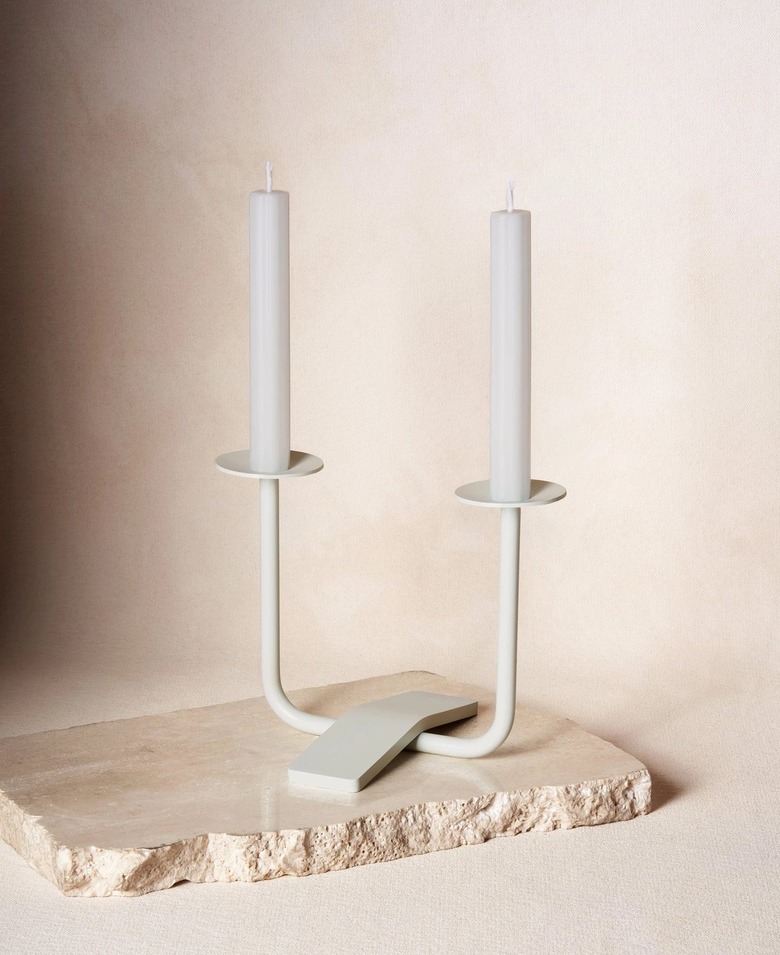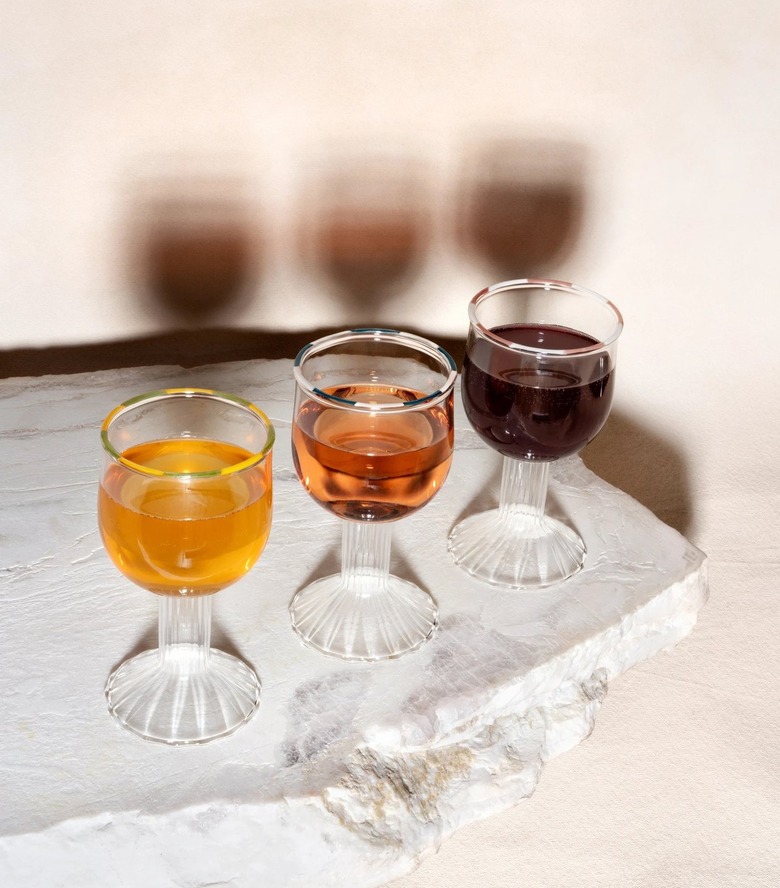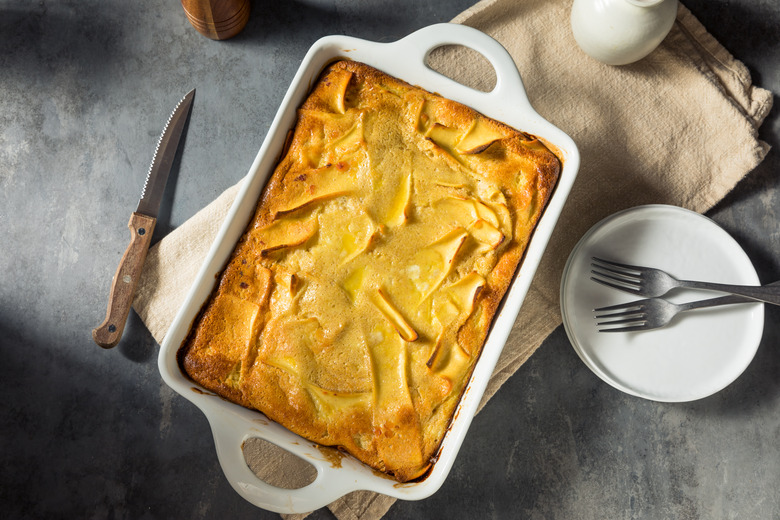Via Maris Reinvents Traditional Judaica For A Modern Audience
There is nothing better than finding a brand with an ethos that immediately resonates with its audience, and Via Maris is one such company. Motivated by the goal of making Judaica (aka Jewish ceremonial art) more accessible, founder Dana Hollar Schwartz designs traditional Jewish objects in a modernist style. From mezuzahs to menorahs, every single product truly doubles as a contemporary work of art.
Just in time for Hanukkah, we were able to chat with Hollar Schwartz about the inspiration behind Via Maris, as well as the traditions dear to her and her family. Read on for the founder's beautiful responses and equally beautiful creations — plus, a family recipe for noodle kugel!
Hunker: Where do you draw inspiration for Via Maris' menorah designs, and has the brand's vision evolved since its launch?
DHS: Judaica is very old — the menorah itself actually predates the story of Hanukkah by thousands of years. The inspiration for our menorahs is this history, while at the same time being inspired by the future of these rituals and traditions.
Hunker: Do you have any Hanukkah decorating tips? How do you incorporate your modern menorah designs into your own home decor?
DHS: For as long as I can remember, I have displayed a menorah in my home year-round. I love the iconic shape — it might be one of the oldest 'design objects' in the world still in continuous use. Currently, I have our classic menorah, The Trace, displayed on Vitsoe shelving in my living room and arranged around all of my favorite things. Eight nights a year it's creating light, and for the other 357, it's my most treasured sculpture.
Hunker: Which are your most popular styles or colors? Do you have a personal favorite?
DHS: This time of year, The Trace Chanukiah, which is our classic menorah, is our most popular style, followed very closely by The Shelter Mezuzah year-round. The idea of Via Maris started with wanting to create a modern mezuzah, so The Shelter will always be an important piece to me. I [also] love our Seder Plate.
Hunker: Do you have any family recipes or traditions that are close to your heart?
DHS: My mum made noodle kugel [recipe below!] when I was growing up, which is an egg noodle casserole that originated in the 1500s among Ashkenazi Jews in Europe ... There are two varieties — sweet and savory. My mum made a sweet kugel with canned crushed pineapple, which might sound weird if you've never had it, but it's truly delicious and decadent. The canned pineapple is very retro and is what makes it special.
Hunker: How did your upbringing and Jewish traditions inform your vision for the company and modern Judaica?
DHS: I grew up in a reform Jewish household with an art collector father. Most of my childhood was spent in art galleries and museums — some of my earliest memories are of being sprawled out on the concrete floors of a gallery on the weekend while my parents spent hours looking at art. I have always felt connected to and proud of my culture — it's a huge piece of my identity. Looking back, it seems natural that I would find a way to combine my love of art and visual language with my Jewish culture through Judaica.
Hunker: Can you tell us more about how Tikkun Olam is woven into Via Maris? And how do you recommend other brands include giving back in their mission and business plan?
DHS: Tikkun Olam is a Hebrew expression that can be simply explained as any activity that improves the world, bringing it closer to the harmonious state for which it was created. Charity is one of the central elements to achieving this, but it takes many forms.
At Via Maris, we pledge a portion of our proceeds to the ADL — an organization fighting all types of hate with a focus on antisemitism. This is personally important to me and to our customers. Our products are intended for Jewish rituals, so it's vital that we also support organizations that are protecting our freedom and safety to practice these rituals.
Schwartz's Noodle Kugel Recipe (serves 10-12)
Schwartz's Noodle Kugel Recipe (serves 10-12)
- 1 12-ounce package broad egg noodles
- 8 eggs, separated
- 1 ½ pounds whole milk ricotta cheese
- 2 cups sour cream
- 1 ½ cups of sugar
- ½ teaspoon salt
- ½ cup butter, melted
- 1 19-ounce can crushed pineapple, not drained
1. Heat oven to 350 degrees Fahrenheit. Grease a 9-by-13-inch baking dish (or a slightly bigger one if that's what you have on hand).
2. Cook the noodles until tender and rinse under cold water. Drain.
3. Cream the ricotta cheese and add the egg yolks, sour cream, sugar, and salt. Add butter to the yolk/cheese mixture and stir.
4. Add a heaping half of the cheese mixture to the noodles. Then, add the undrained canned pineapple and mix gently. Pour into your prepared baking dish.
5. Beat the egg whites until stiff. Fold the egg whites into the remaining half of the cheese mixture. Pour this as a top layer onto the kugel.
6. Bake for one hour until golden brown.
